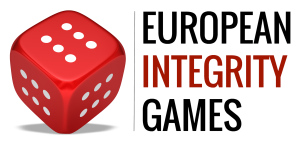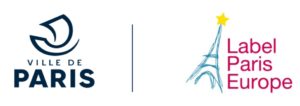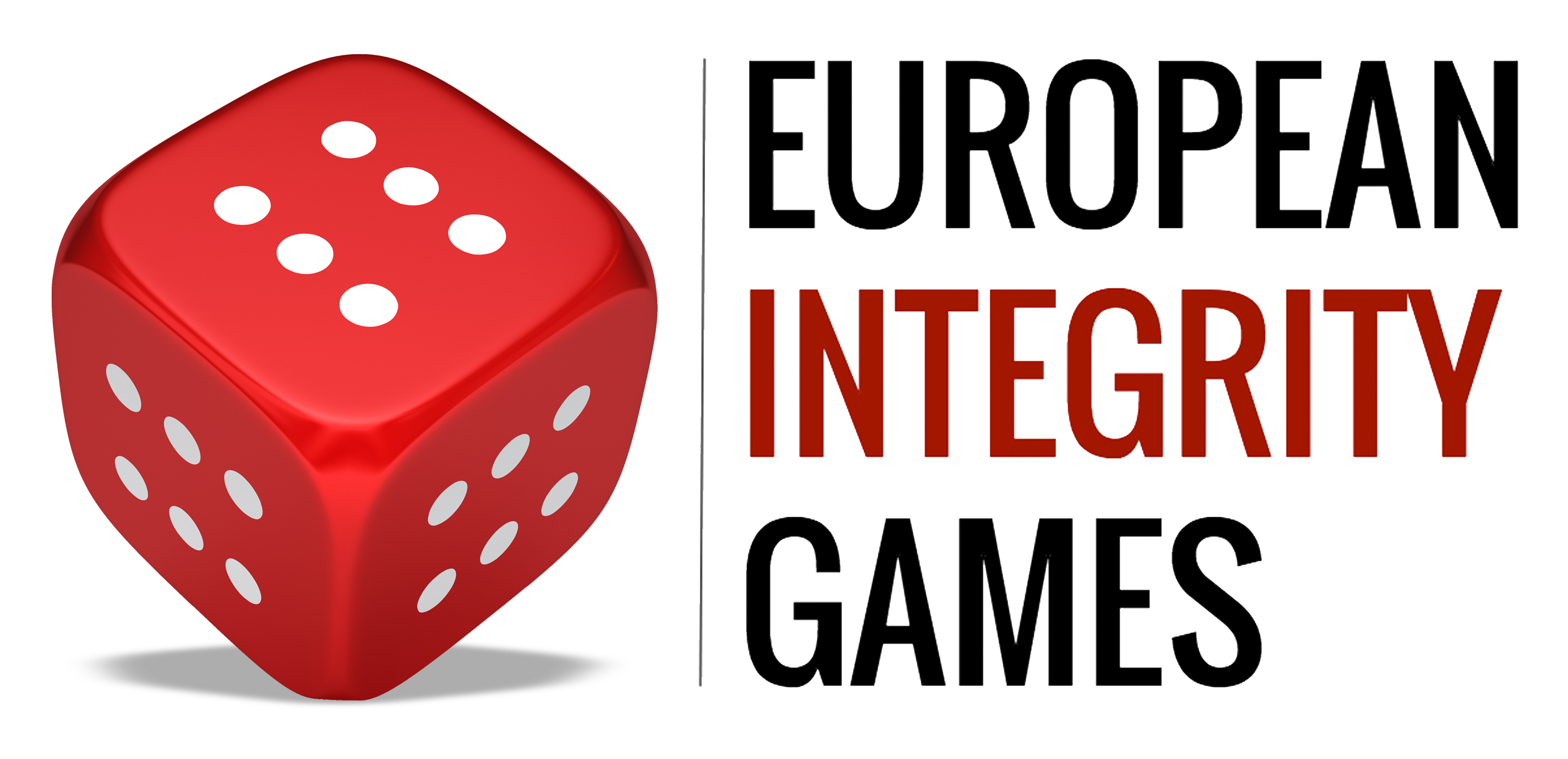Online workshop on the Foodchain Escape Game
The second European Integrity Games workshop (Erasmus+ supported project) took place online from 27 to 31 July 2021. During 5 days, 12 European participants from the 6 partner countries gathered to explore the theme of the food chain through the prism of integrity.
A European workshop to test the second FUDPolis escape game on the themes of the food chain and food circuits.
Organised and led by ExQuorum (Portuguese partner of the project), this workshop focused on the games created in collaboration by ExQuorum and Ortzai Teatro.
As a reminder, the European Integrity Games project aims to create 7 games exploring different themes related to integrity. These 7 games are created in two formats :
– an escape game to be played in a collaborative group
– a 3D game for a solo experience
From March 2021 to July 2021, ExQuorum and Orztai Teatro worked on the design of an animated video, an escape game and a 3D game addressing the topics of the food chain, the circuits from production to consumption of meat and the integrity issues related to it.
Programming/game design students from Lusófona University contributed to the creation of the games and co-hosted a session to present the 3D game.
The objective of this workshop was mainly to test the beta version of these two games and to get first feedback and perspectives for improvements. This activity also aimed to train the participants to implement the EIG games in their own networks, communities and activities. Through group discussions, participants were able to gain new knowledge and a better understanding of the topics discussed. This helped to raise awareness and initiate a shift in consumption practices.
Tuesday 27 July – Launch of the workshop
The 12 participants from Italy, Portugal, Greece, Germany, Spain and France were welcomed with music and met through icebreaking exercises. The group dynamic was set. Hugo Miguel Coelho, artistic director of ExQuorum, gave a short presentation of the European Integrity Games project, as well as the workshop programme and its objectives.

To reinforce the group dynamics, another ice-breaking exercise was carried out. The participants were asked to draw a picture of a participant on Paint and to guess together who it was. This created a friendly atmosphere in the group.

Afterwards, a collaborative brainstorming session was held around the question “What does the food chain mean to you? All the people were able to write down their ideas and opinions so that this led to a multitude of concepts and ideas discussed together.

This first day ended with a creative brainstorming session, the aim being to imagine a worst-case scenario, in relation to the food chain, “what if the world ends”, which opened up discussions on several real issues.
Wednesday 28 July – Exploring the theme of food chains
For this second day, ExQuorum presented to the participants all the issues associated with the theme of food chains, based on the previous day’s brainstorming and the main concepts of the theme.
As a result, it was expressed that the food chain is a complex issue because it includes interrelated elements that cause alarming consequences in different aspects of society.

The different stages of the food chain and food circuits with the issues and impacts associated with each process were revealed by the ExQuorum team.
In addition, each participant was able to express his or her views on these elements and relate them to the specific situation in his or her country, consumption practices and possible solutions. This session strengthened the participants’ awareness of the situation and the urgency of this issue.
From all these discussions, a creative brainstorming session “What if…” was carried out to conclude this second day, which was very rewarding.

Thursday 29 July – Testing the game space
This third day was dedicated to testing the games.
ExQuorum offers a course composed of three productions: a 3D animation video, a physical escape game and a 3D game, which immerses the player in the world of food chains. These three chapters can be discovered in succession or independently.
To begin this session, the participants watched the 3D animation video, which introduces the games.
A group discussion was held after viewing this first production. The participants were impressed by the quality of the video’s production and suggestions for improvement were made.


Then the escape game could be tested. The players were private detectives, who suspect fraud and corruption in the police force, which is financing the Onesto family. This family, which is part of the mafia, works in the production, transport and sale of meat. The detectives decide to investigate the family’s boat, which is likely to be carrying some fraudulent products. After gathering evidence, the detective, embodied by players, explores the office of the police director to gather information about the family and its funding by the police.
In a limited time, the players had to find clues and solve puzzles to gather the elements. In a collaborative spirit and thanks to their investigative skills, the participants successfully accomplished their mission!


To conclude, a debriefing took place, this first test of the game allowed to get feedback from the users who are eager to test the game in real conditions.
Friday 30 July – Testing the 3D game
After a warm-up exercise to reinforce the dynamics, the 3D game was introduced.
Ex Quorum created the game with the help of five student programmers and game designers from Lusófona University, who also led the introduction. The participants were given access to download the game onto their computers and then play it.
In this game, the participants played as the colleague of the previous detective, Maria Tui. With the task of investigating food poisoning in a restaurant, the players soon discover that there is a conspiracy within a company that sells suspicious meat products. Through 3D settings, players will have to collect clues and solve puzzles to reveal the case!
While testing this game, users were once again impressed by the quality of the 3D graphics and the features.


Furthermore, the students continued their presentation by explaining the game design process of a 3D game from several angles. The vision of the game, the setting up of the fundamentals and the scenario, the design of the different assets made with the Unity 3D software, the mechanics used, the creation of the levels, the functionalities of the player, the design of the different puzzles and finally the achievement of the game vision. Each student explained his or her role in this process, as well as the issues and reflections involved.
Rich in information, this session allowed the participants to familiarise themselves with game design by showing the evolution and execution of the creation of a 3D game.
Once again, the session concluded with a final creative brainstorming “What if…” where several ideas appeared and were discussed.
Saturday 31 July – Evaluation and closure
To close the whole week of the workshop, an individual and collective evaluation session on the quality of the workshop and on the participants’ own skills and learning took place. Then, a final discussion took place on the next steps of the project.
Finally, this workshop was very enriching. The participants were able to discover and become aware of the issues of the food chain through a playful experience and concrete reflections on these important topics. The participants even declared their desire to change some of their habits by making more conscious consumption choices. They also expressed their desire to raise awareness by introducing the Foodchain games into their activities.

Feedback from participants
“This project is a great way to work with and get to know people from other countries and cultures to share and discuss ideas on topics that concern and affect us all.”
“It was a very good experience in which we explored a topic that is very common in our world, but that hardly anyone cares about, in many interesting and fun ways.”
“The topic of the food chain is very important for our present and future. It is fundamental to find attractive ways to approach it like in these games. Thank you very much for your work!”
“I realised that the actions of civil society to participate in political processes are more and more important, but also more complex. That’s why I think the concept of “integrity games” is a good way to make more complex issues playful.”
“This workshop was a great, fun and immersive experience in the world of food chains, a very important topic where we urgently need to change our habits! I learned a lot, with a great group dynamic and really interesting discussions. I can’t wait to play these great games, thanks! !!”
“It’s amazing to have this kind of opportunity, to get in touch and involved with many people around the world. Everyone shares their opinion, their reality and it’s amazing to see the differences between us all.”
“The EIG Food Chain Workshop was an interesting and in-depth event and was a real success. From the detailed structure of a video game to the food that dominates the world. Thank you!”
Organisers
Hugo Miguel Coelho, artistic director of ExQuorum
Vicente de Sa, president of ExQuorum
The 5 students of programming/game design of the Lusófona University – participation in the creation of the games
Partners
La Transplanisphère, Paris, France
ExQuorum, Evora, Portugal
Teatro Rigodon, Rieti, Italy
Ohi Pezoume, Athens, Greece
Kulturinitiative Förderband, Berlin, Germany
Ortzai Teatro, Vitoria Gasteiz, Spain
Project supported by Erasmus+.





